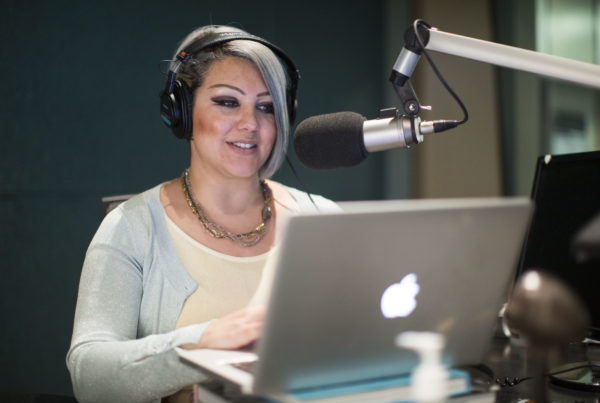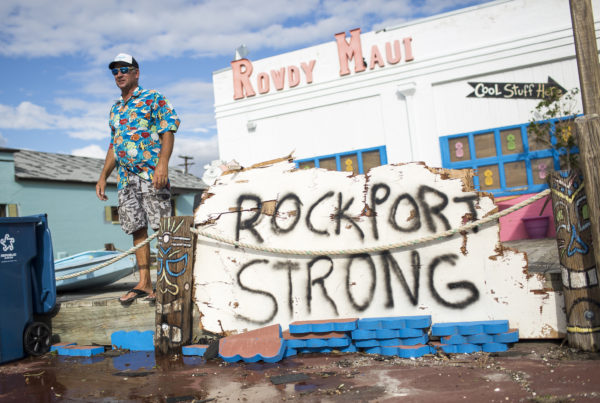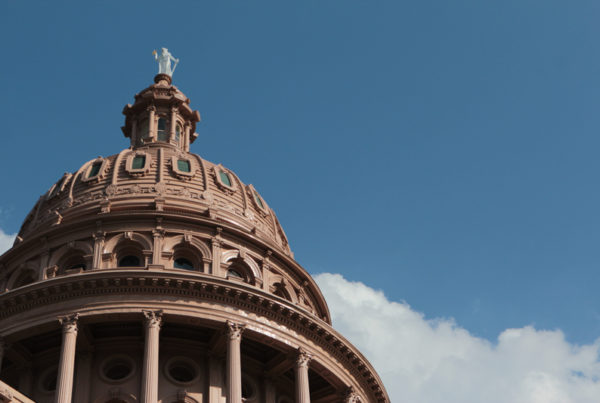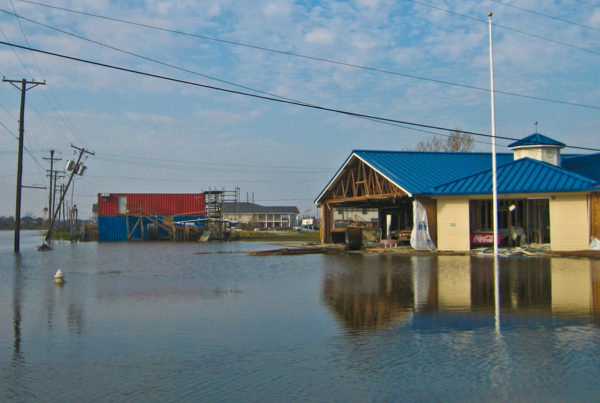As local newspapers continue to die out, the communities they used to serve have come to be known as “news deserts.” But the changing media landscape doesn’t only affect the communities where they were. One unintended consequence of news deserts is their impact on disease research.
Dr. David Scales of Harvard Medical School says as local news outlets die information on the spread of infectious diseases becomes harder to come by.
Health Map is one the groups that does infectious disease surveillance using news sources. Using computer programs, they sort through information collected from news sources, looking for articles about disease. They look for information that affects communities on a local and national level.
“We’re very reliant on news sources,” Scales says. “If there aren’t good news sources coming into our database we can’t do the detection that we would like to be doing.”
Health Map also gets reports from official government news sources, but in certain instances, Scales says this isn’t enough.
“For example, the Ebola outbreak was first reported in newspapers in west Africa,” he says. “That was something Health Map was able to pick up long before there were official reports coming out from governments or the World Health Organization.”
As local newspapers continue to decline, social media and blogs try to fill in the gaps. Scales says there are limitations to the professionalism of these sources. He says the lack of things like editors, infrastructure and fact checking. The damage isn’t only limited to newspapers.
“There’s also a decline in TV news as well,” Scales says. “We’re starting to see, not just the degradation of newspapers, but the degradation of the fourth estate.”
The challenges Scales researchers face are indicative of a greater problem. The limitations local news organizations face have an affect on a wide variety of issues.
“We need to really support our local news,” Scales says. “That means paying a little bit of money for some of these news sources to help fill that economic gap they are faced with.”
Written by Jeremy Steen.
















